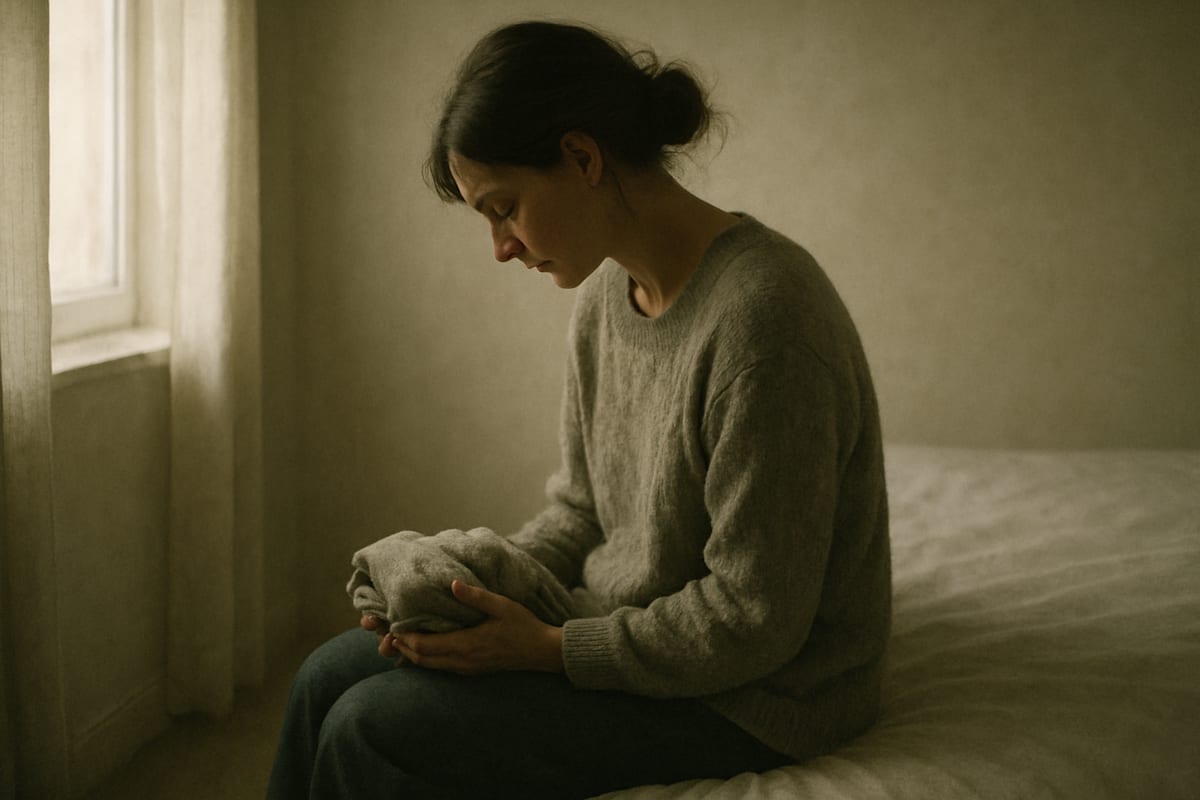TLDR: This blog post explores the complex emotions surrounding abortion and miscarriage from the perspective of a sexual abuse survivor. It shares personal experiences of loss, pain, and the societal treatment of these issues, emphasizing the need for open discussions and understanding.
The topics of abortion and miscarriage are often surrounded by controversy and deep emotional pain. For survivors of sexual abuse, these experiences can be particularly complex. In this post, I share my personal journey through miscarriage and the emotional aftermath of abortion, aiming to shed light on these sensitive subjects and encourage open dialogue.
The Pain of Miscarriage
I became pregnant between my two daughters, but after about eight weeks, I began to experience signs of a miscarriage. The physical pain was akin to labor, but the emotional toll was even heavier. Losing a child, regardless of the stage of pregnancy, is heart-wrenching. I found myself grappling with guilt, wondering if I was somehow responsible for the loss. The fear of seeing my child's body was overwhelming, and I felt utterly broken.
Seeking Medical Help
After realizing that I was experiencing a miscarriage, I consulted my doctor. I was presented with two options: to pass the baby naturally or to undergo a D&C (dilation and curettage), a procedure often used in abortions. The doctor explained that while the D&C would be painful, it would be brief. A nurse later reinforced this, stating that the pain would be intense but short-lived.
The D&C Experience
When the time came for the procedure, I was filled with dread. The pain was indeed excruciating, and I found myself sobbing uncontrollably on the table. My husband was there to support me, but the emotional and physical pain was overwhelming. After the procedure, I tried to move on, but I soon realized that the grief from this loss lingered far longer than I anticipated.
The Long-Term Effects of Loss
In the aftermath of my miscarriage, I faced numerous health challenges, including endometriosis and severe cramps. The emotional scars were just as significant, manifesting as sadness and grief that I struggled to articulate. Society often does not treat early pregnancy loss with the same gravity as a full-term loss, which can leave survivors feeling isolated in their grief.
Observing Others' Experiences
I witnessed a close friend go through an abortion after an unplanned pregnancy. The transformation I saw in her was profound; such experiences leave lasting marks on individuals. It became clear to me that whether one chooses to have an abortion or experiences a miscarriage, the emotional impact is significant and should not be underestimated.
Healing Through Self-Discovery
As I began to explore my feelings through therapy and plant medicine, particularly psilocybin, I uncovered deep-seated grief related to my miscarriage. I realized that the loss of my child was still affecting me, manifesting in emotional pain that I had not fully processed. Each session brought forth images of loss and sadness, revealing how much I had been holding onto.
Reflection on Choices
I found myself grappling with feelings of regret for not having given my child a proper farewell. The decision to have a D&C felt like a loss of respect for the life that had been inside me. This reflection was painful but necessary for my healing process.
Conclusion
I share my story in hopes that it may resonate with others who have experienced similar losses. The journey through grief, whether from miscarriage or abortion, is deeply personal and often fraught with complex emotions. It is essential to acknowledge these feelings and to foster conversations around them. If my experience can help someone else in their grieving process or inform their future decisions, then sharing it has been worthwhile. Thank you for taking the time to read my story.
